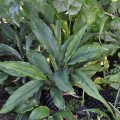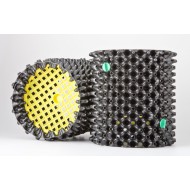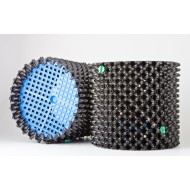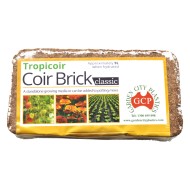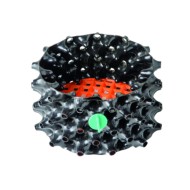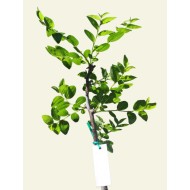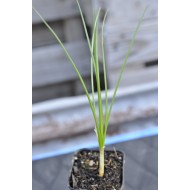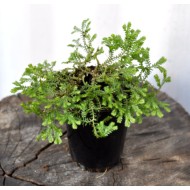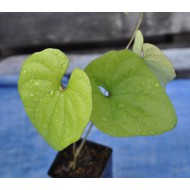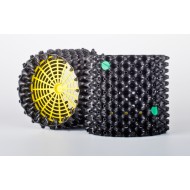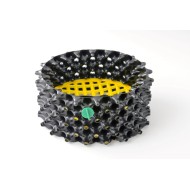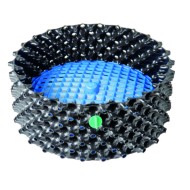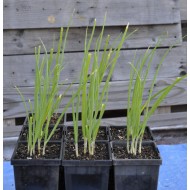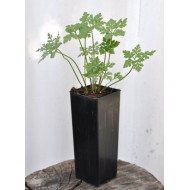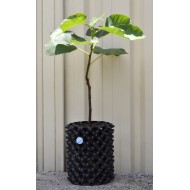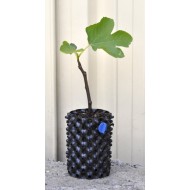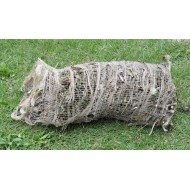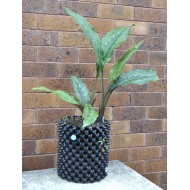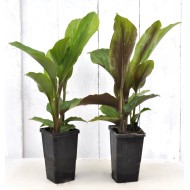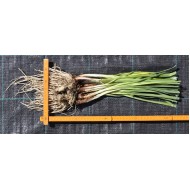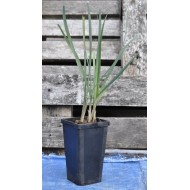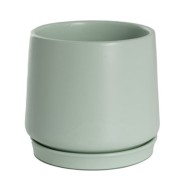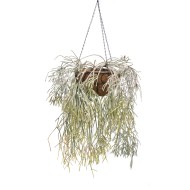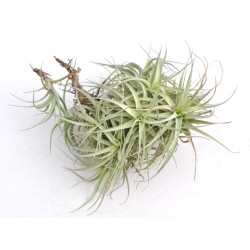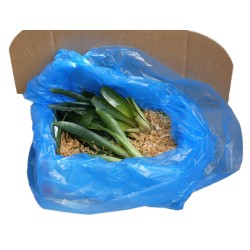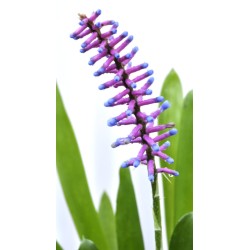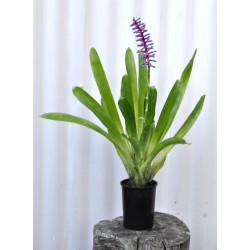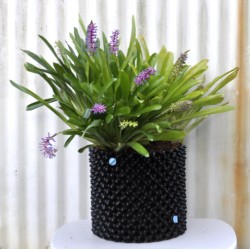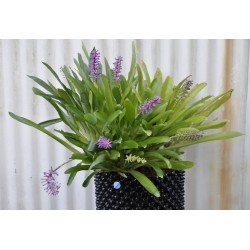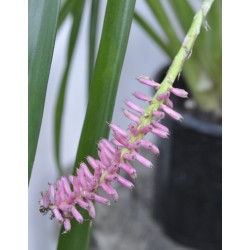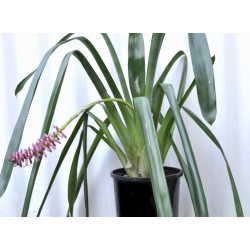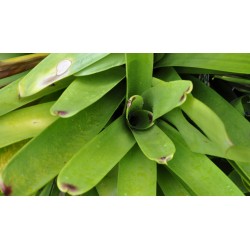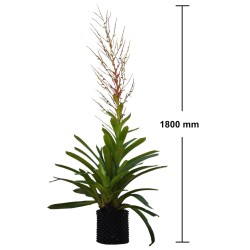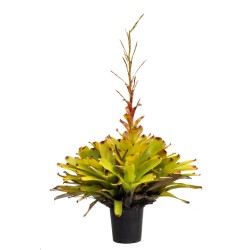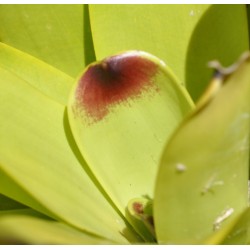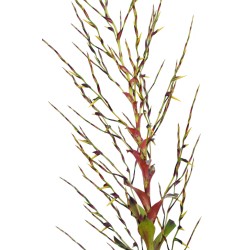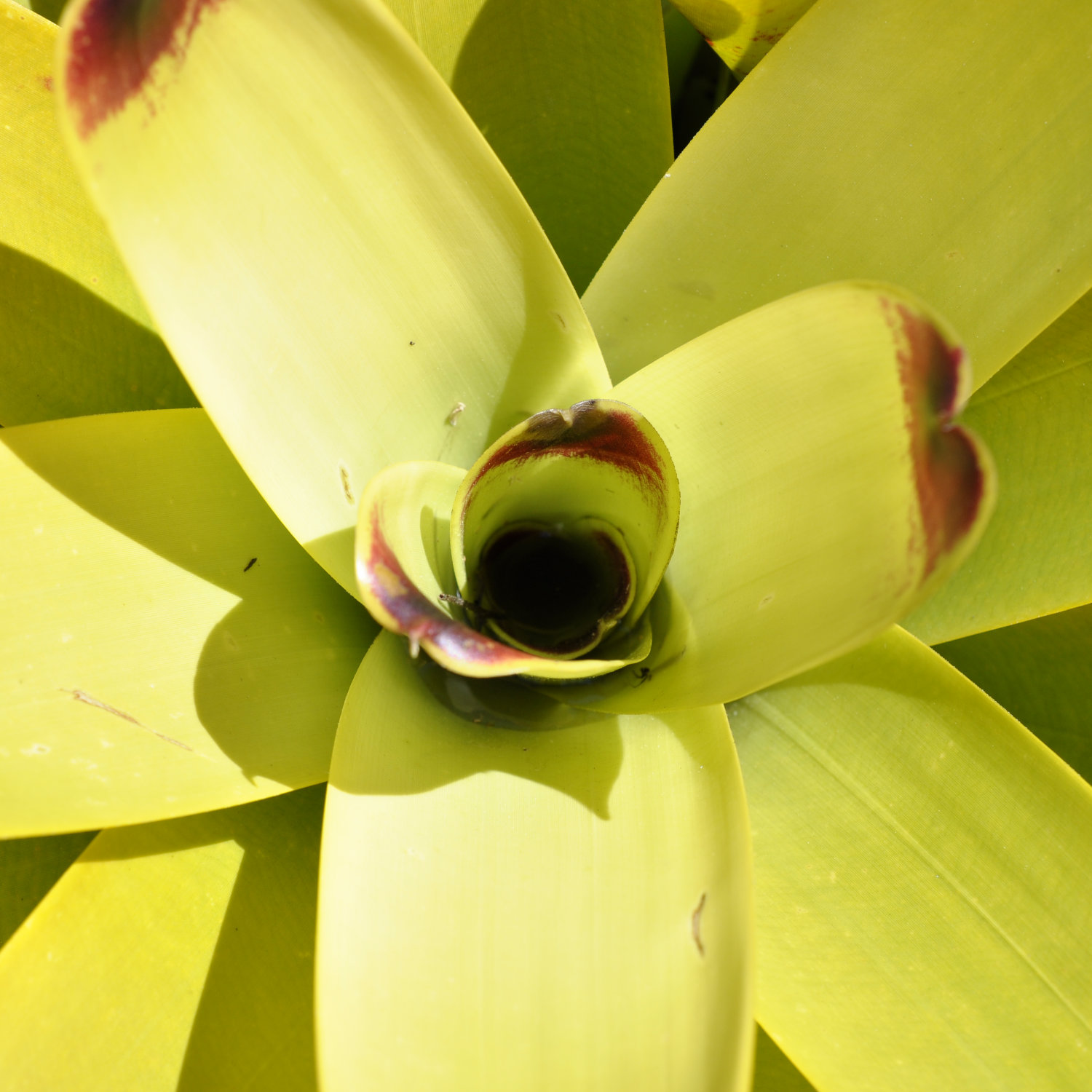 Name: Bromeliaceae
Name: Bromeliaceae
Meaning of Name:
Bromeliaceae, from New Latin, after Olof Bromelius (1639-1705), Swedish botanist, + Latin -āceae (the feminine plural of -āceus, ‘resembling’, a suffix used to form the taxonomic family names of plants, algae, bacteria, and fungi)
Common Names:
The bromeliad family, the pineapple family
Botanical Information:
Bromeliaceae, or the bromeliad family, contains roughly 80 genera and 3,700 species. (Sadly, not all here with me!)
Bromeliads are well-known for their leaf ‘cup’ structures which store water and nutrients, though not all species in the family form this (for example, Tillandsia or Spanish moss, which is the smallest bromeliad). For related reasons, many Bromeliaceae are also epiphytic (living on, without harming, other trees), and use their roots for anchoring rather than for nutrient uptake.
Bromeliads, like the Cactaceae family, are xerophytes, able to survive in areas with little water. This sounds strange as many bromeliads are found in wet, tropical and semi-tropical rainforests! But as these same plants are also epiphytes, they would be surprisingly prone to drying-out in these warm environments where the sun is shining and rain is not falling.
Again as with the Cactaceae, many species within Bromeliaceae make use of Crassulacean acid metabolism (CAM) to conserve water when fixing carbon dioxide (CO2). This is anothe adaptation which enables survival in hot or dry climates.
One defining botanical characteristic of Bromeliaceae is the presence of water-absorbing scales on their leaves and stems. These scales resemble opened umbrellas, and their thin nature and large surface area enables rapid uptake of water.
The photo chosen to illustrate this family shows the leaf ‘cup’ structure of Vriesea philippocoburgii.
Image copyright © Optimate Group Pty Ltd



